The guardians of the rainforest
The Brazilian government has tasked more than 1,000 armed agents with protecting the rainforest from exploitation. It still may not be enough.

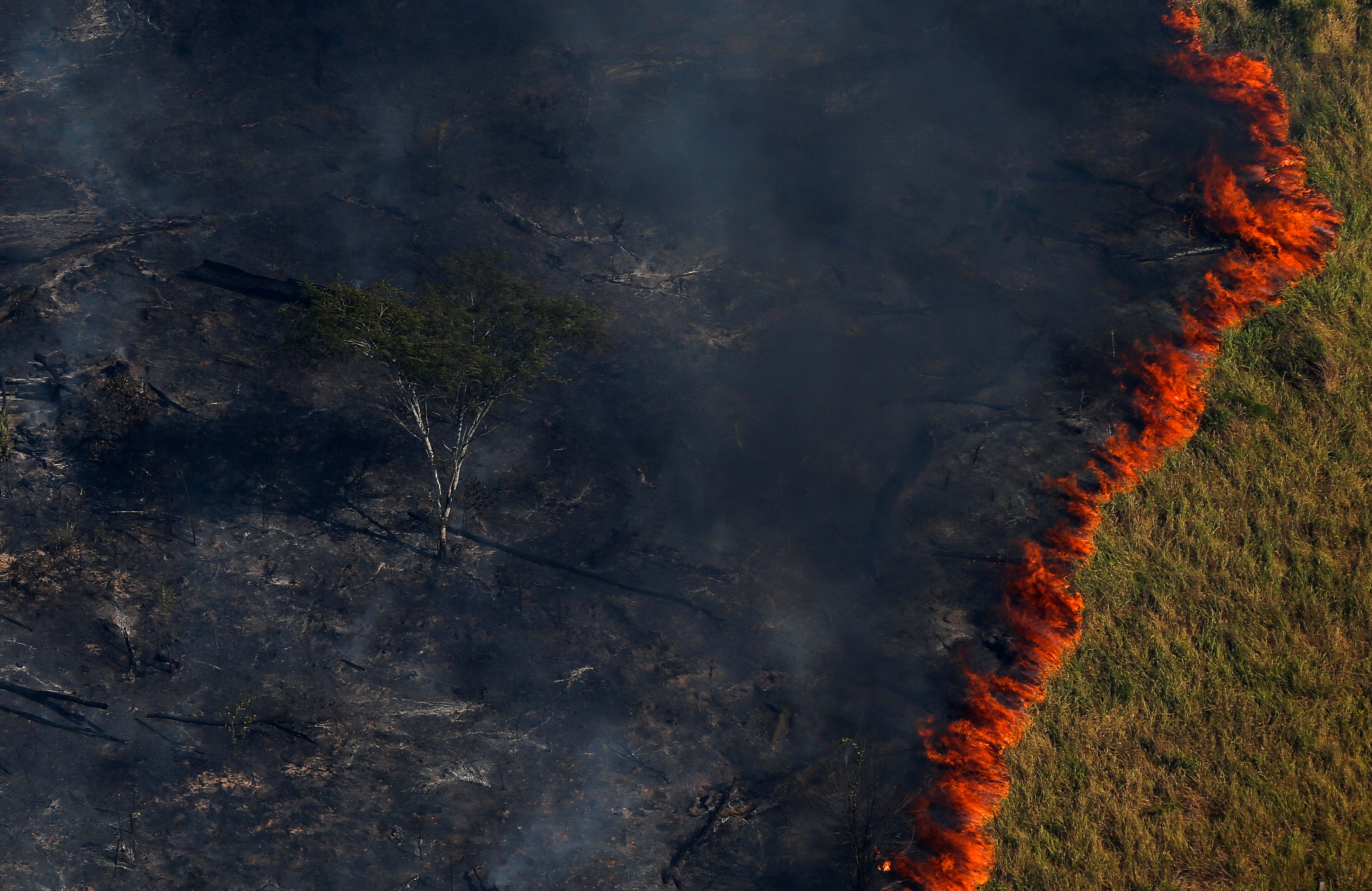
A free daily email with the biggest news stories of the day – and the best features from TheWeek.com
You are now subscribed
Your newsletter sign-up was successful
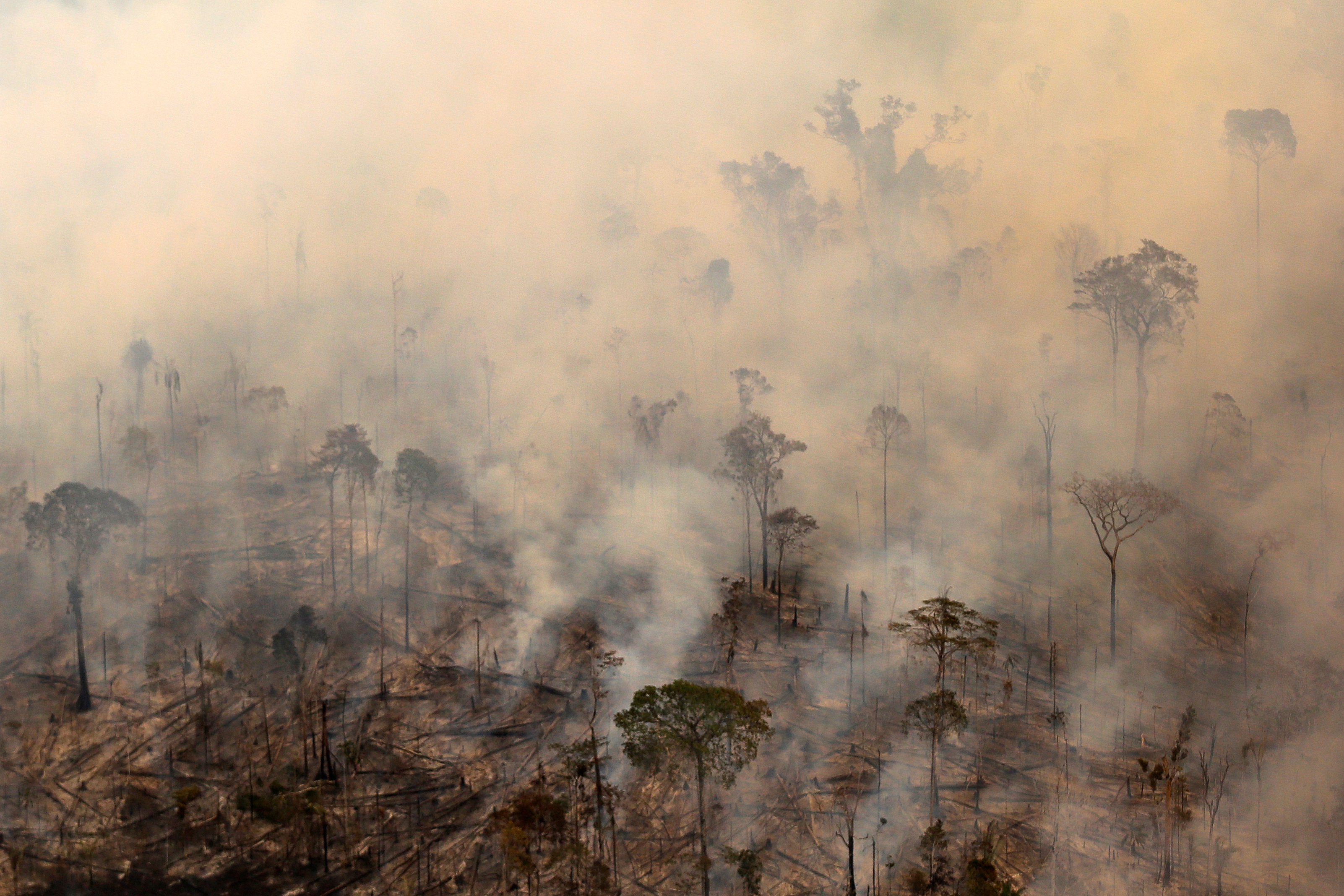
(REUTERS/Bruno Kelly)Since 1978, the Amazon has lost some 289,000 square miles to cattle ranchers, soy producers, loggers, and industrial activity. Such rapid deforestation sparked a global "Save the Rainforest" movement in the late '80s and '90s that led to T-shirts, posters, concerts, and celebrity-led foundations.Such attention proved successful. In 1989, Brazil, which is home to roughly two-thirds of the rainforest, launched the Brazilian Institute of Environment and Natural Resources (known as "Ibama") — a federal agency equipped with a fierce legion of armed environmental police. Deforestation immediately began to slow.Then, in 2004, the government increased forest patrol again, cracked down on illegal harvesting activity, and offered incentives to farmers who otherwise survived off milling Amazonian lands.Together with market forces, which made Amazon staples like beef and soy less profitable, these initiatives reduced deforestation by nearly two-thirds between 2005 and 2012.
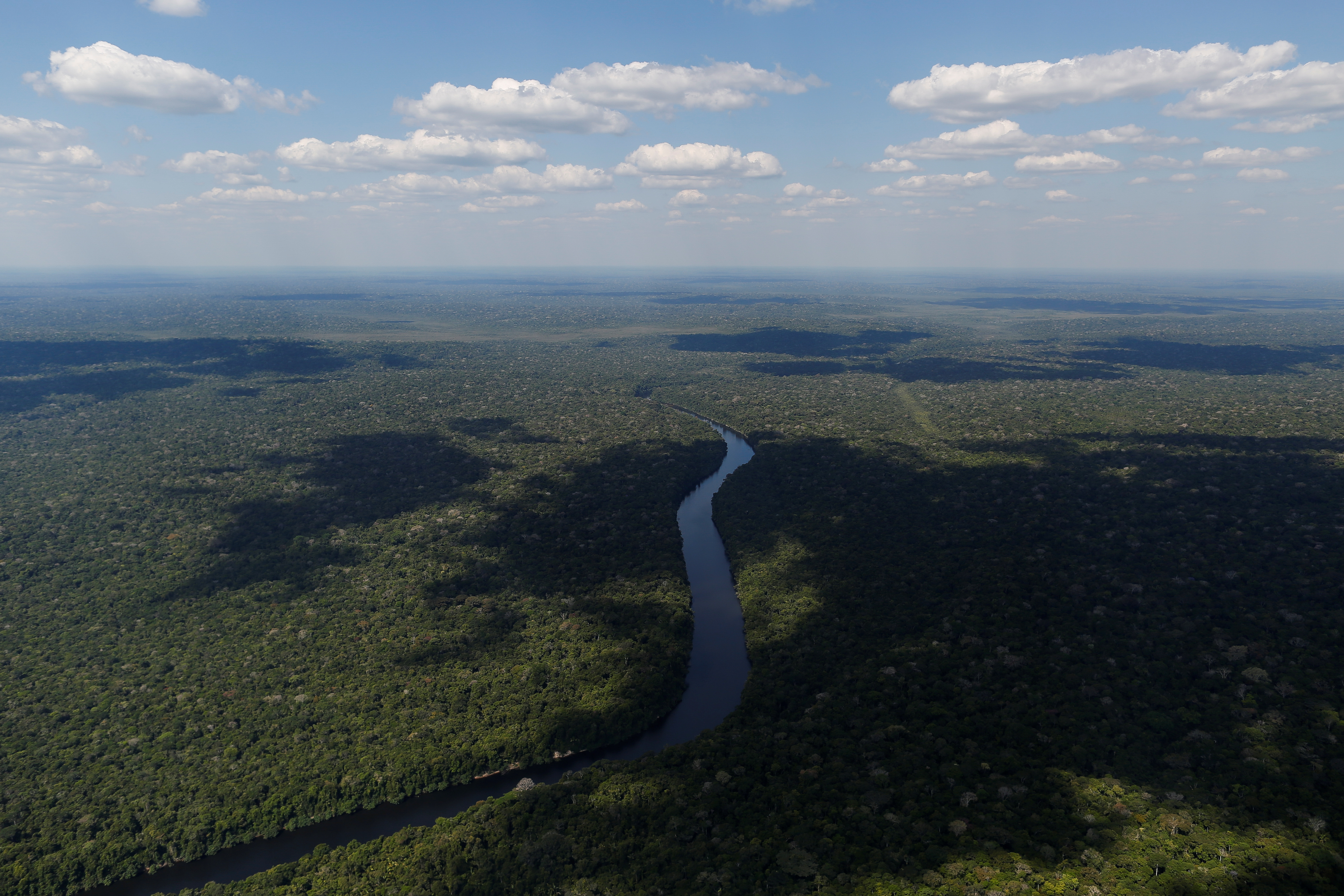
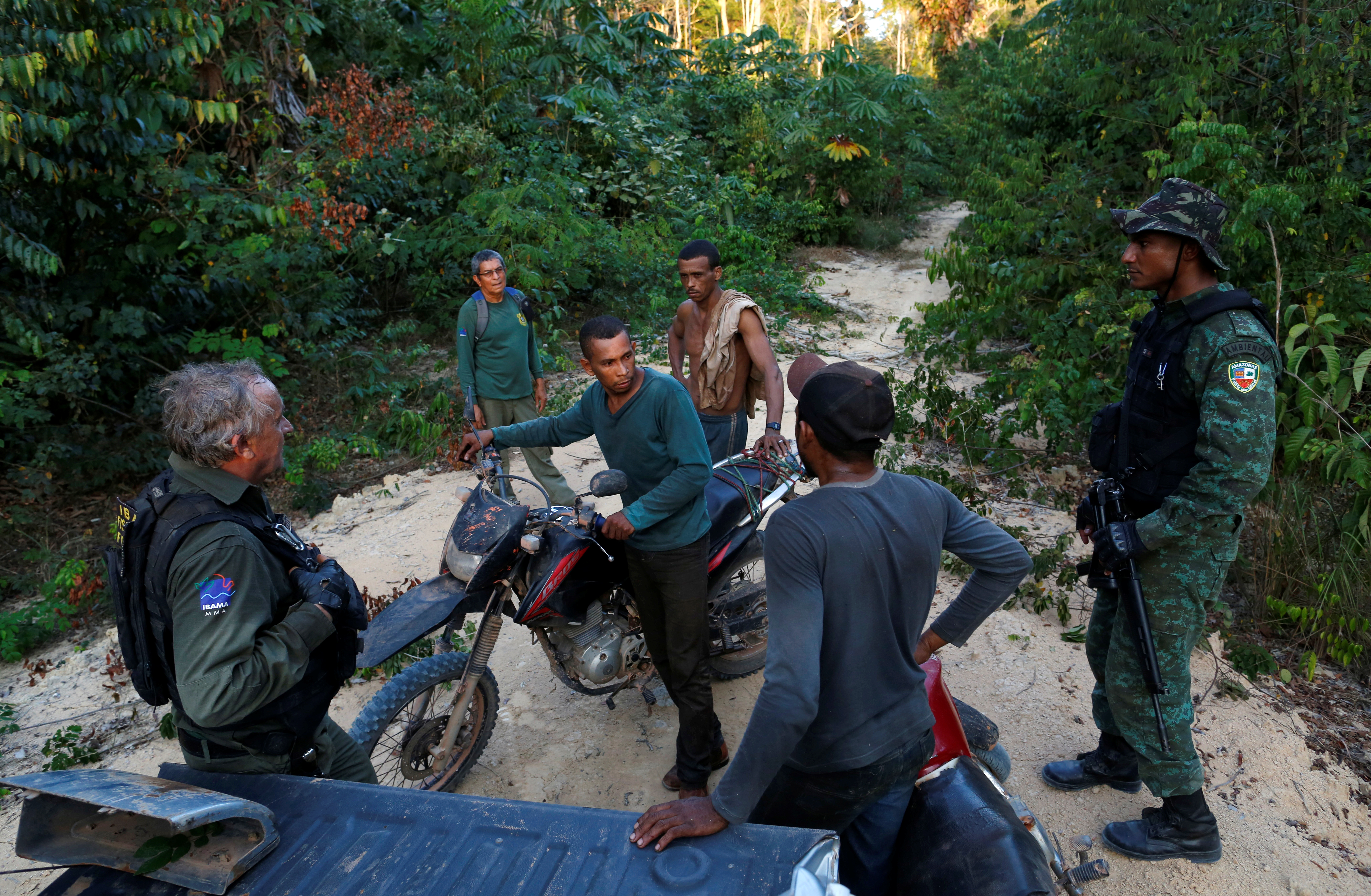
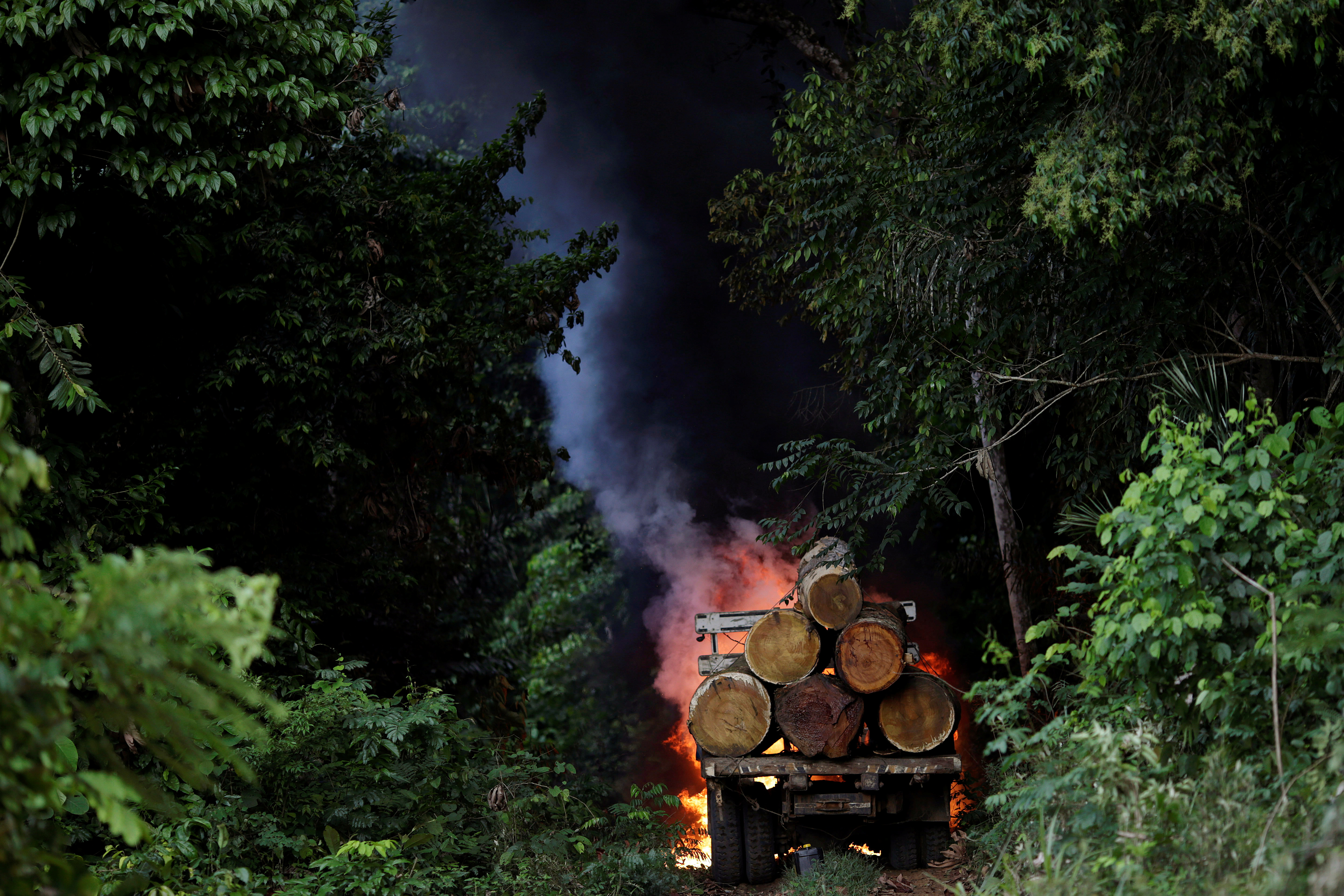

(REUTERS/Ueslei Marcelino)The Brazilian government has also eased its stance on protecting the trees in recent years, waiving fines for illegal deforestation and delaying its plan to completely halt destructive activity until 2030. In August, Brazil officially opened parts of the Amazon to mineral miners, causing outrage among environmentalists. (The rainforest is home to hundreds of thousands of rare plants and animal species, and absorbs more greenhouse gases than any other tropical forest in the world.)"Forest loss is detrimental to the Earth's climate," The New York Times reports. "The clearing of woodlands and the fires that accompany it generate one-tenth of all global warming emissions, according to the Union of Concerned Scientists, making the loss of forests one of the biggest single contributors to climate change."Below, see how the Amazon's defenders battle for the jungle's future.
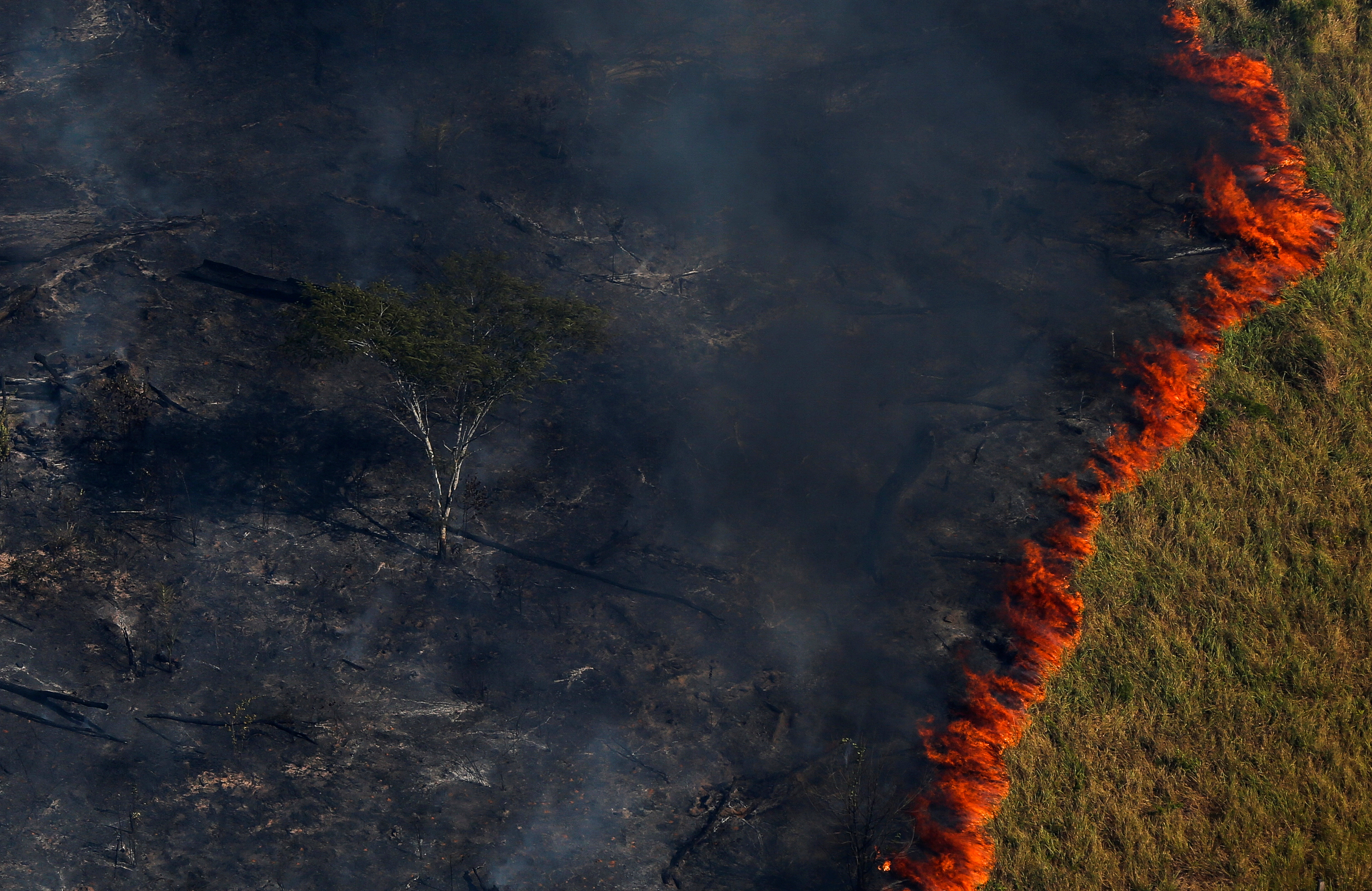
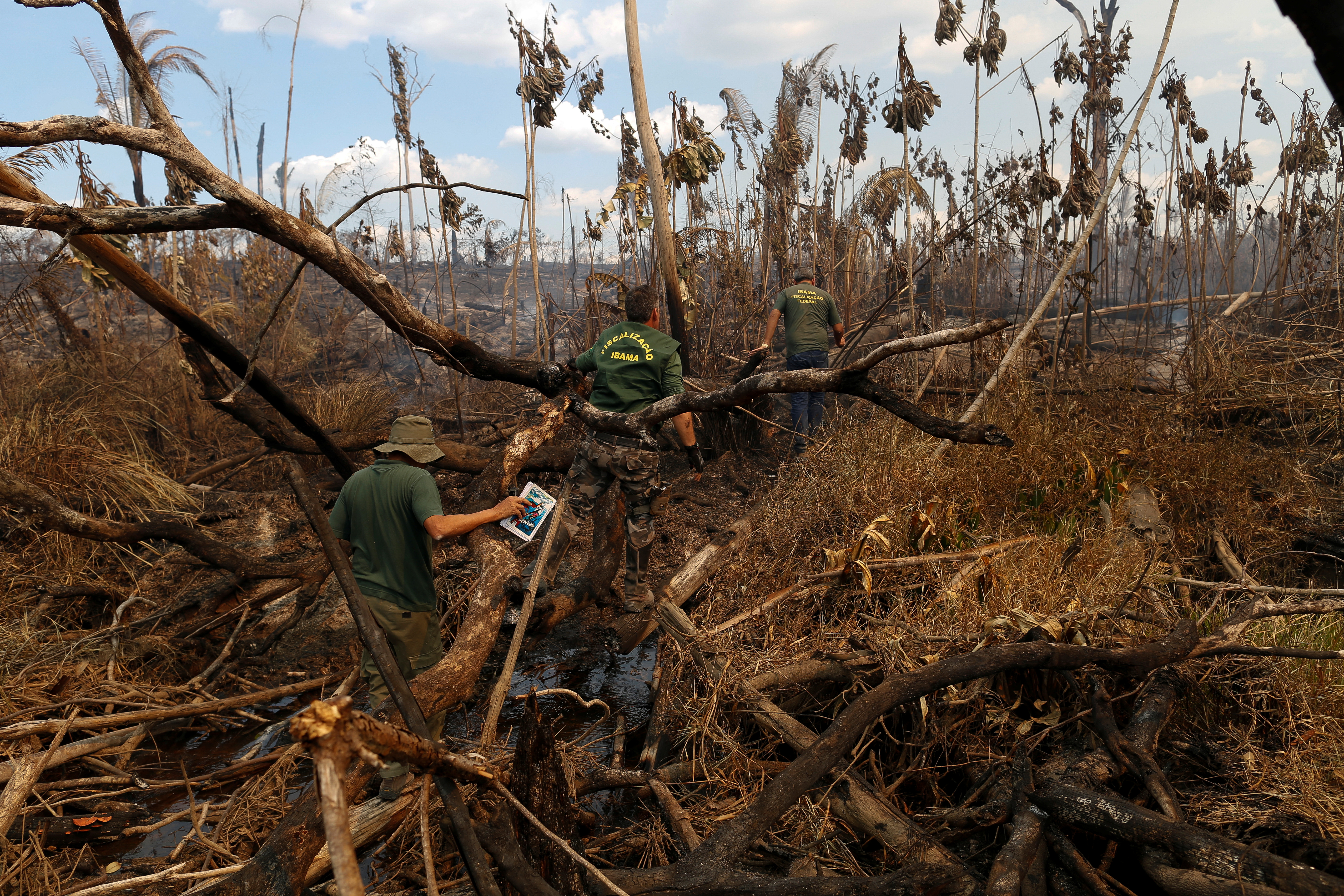
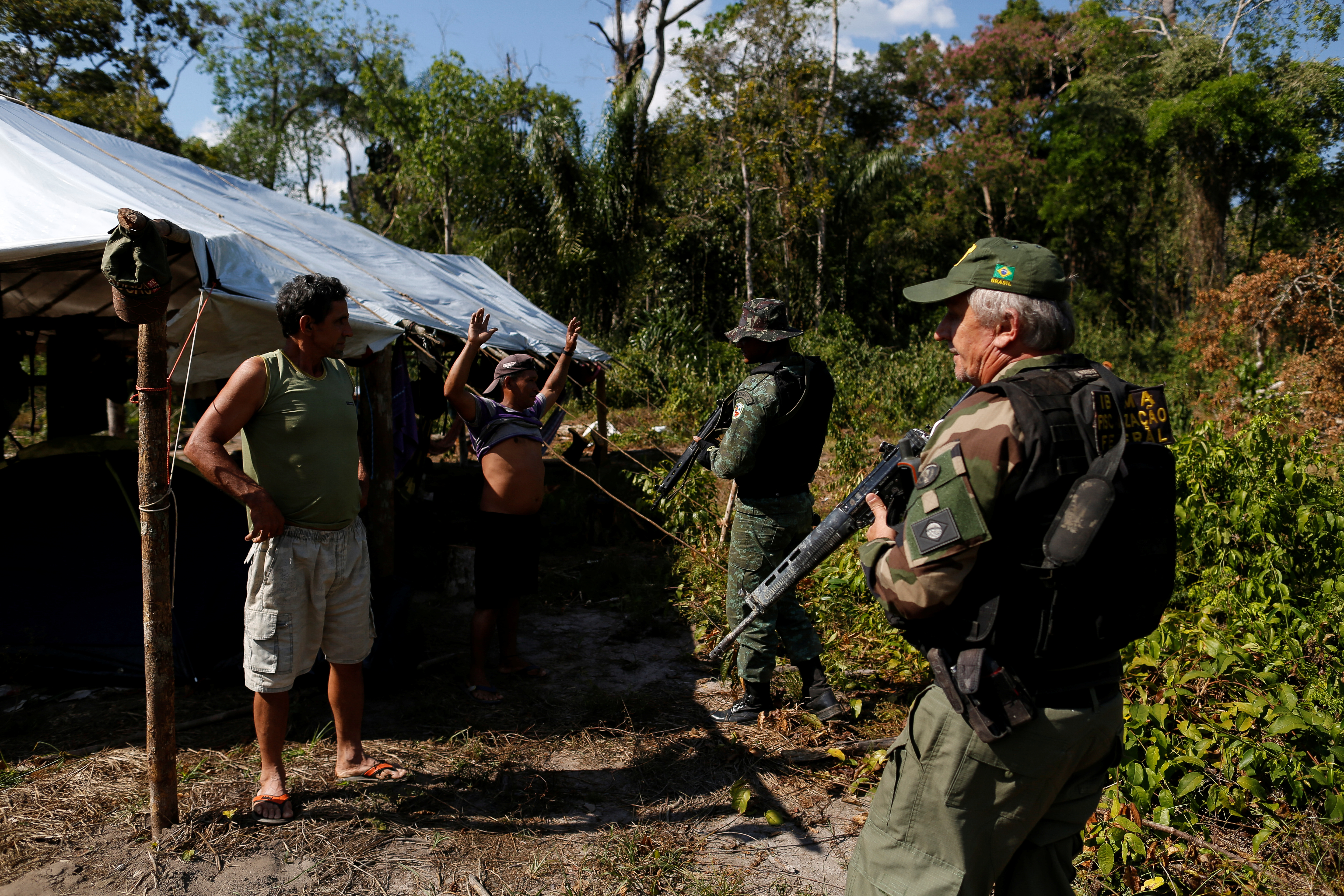
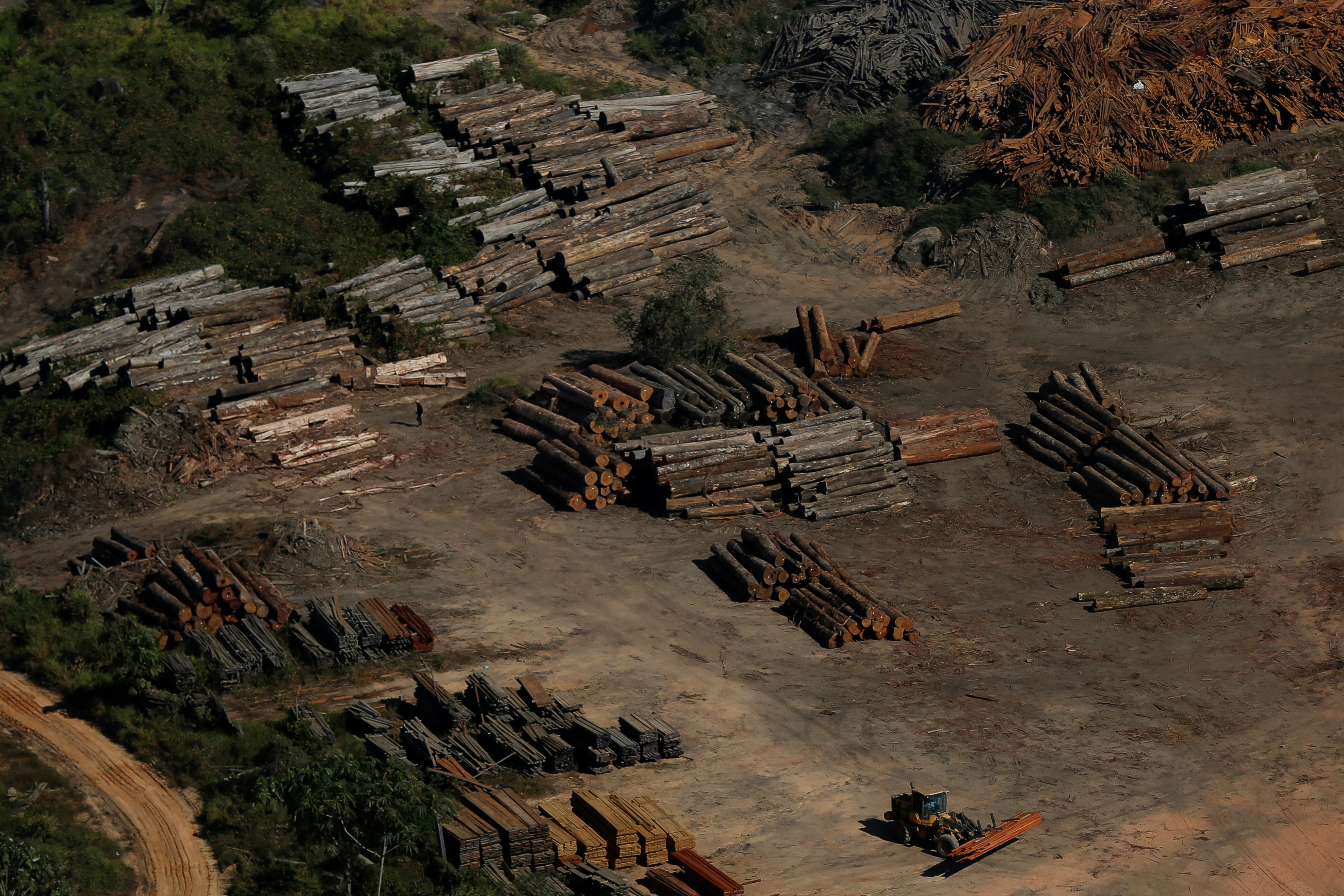
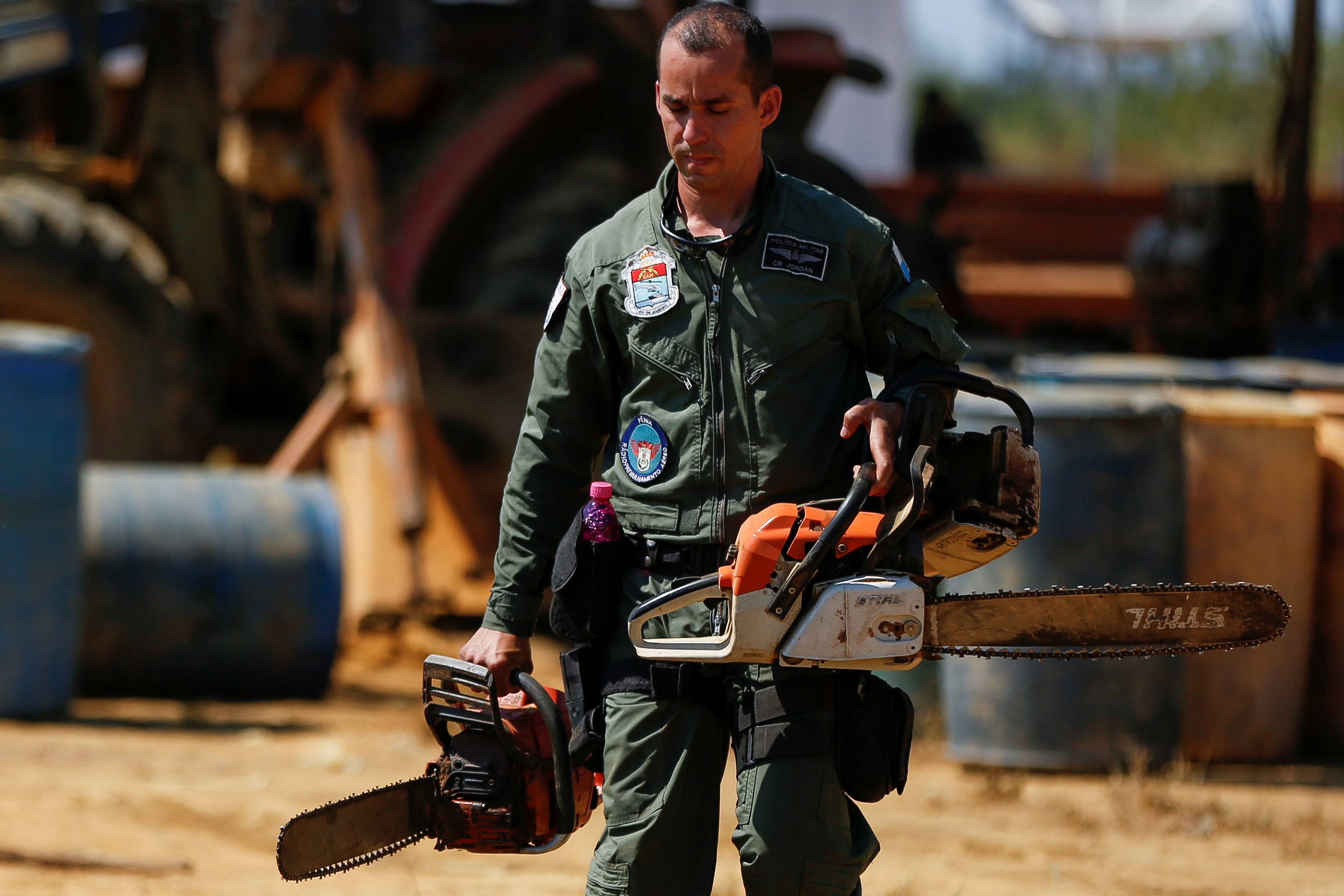

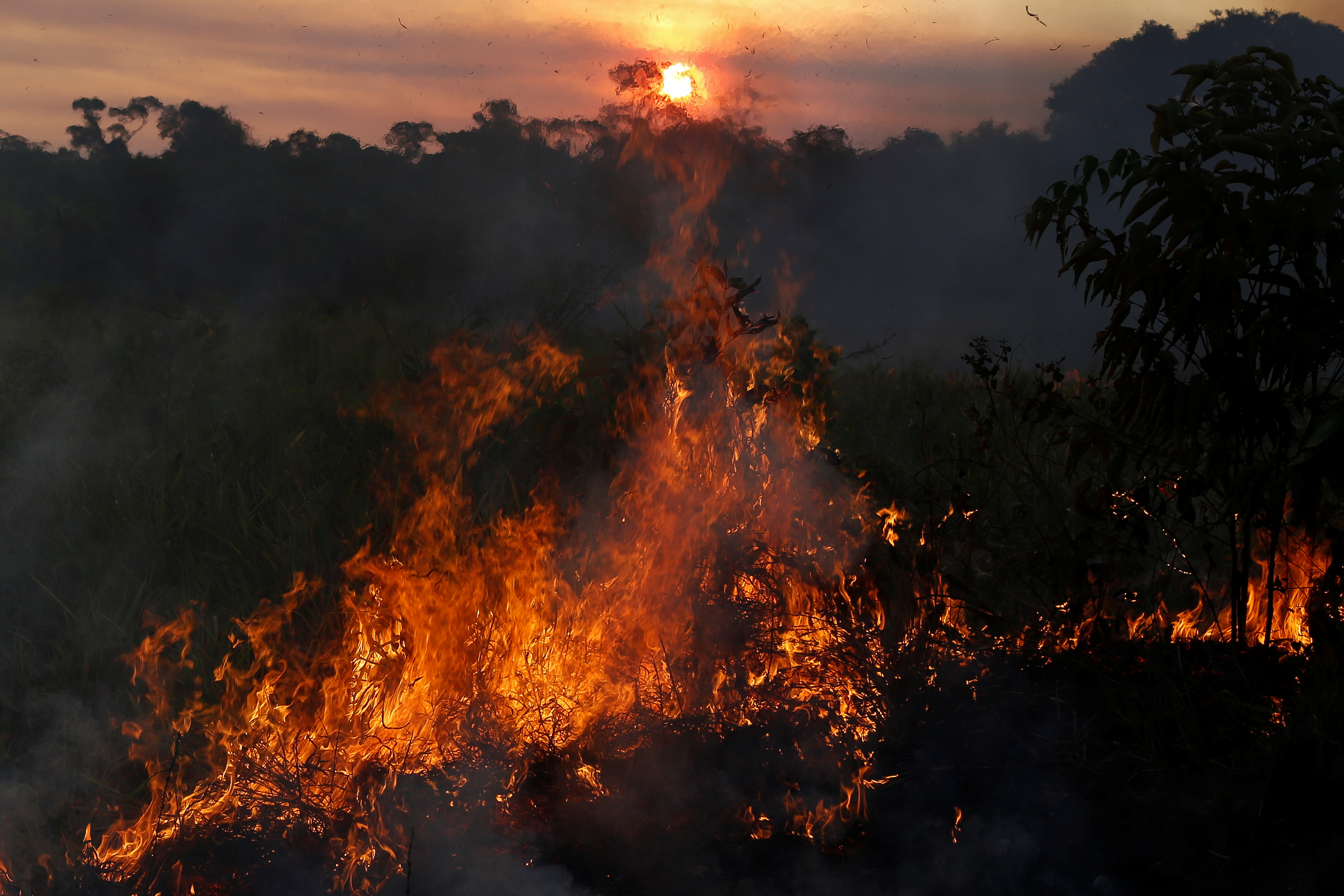
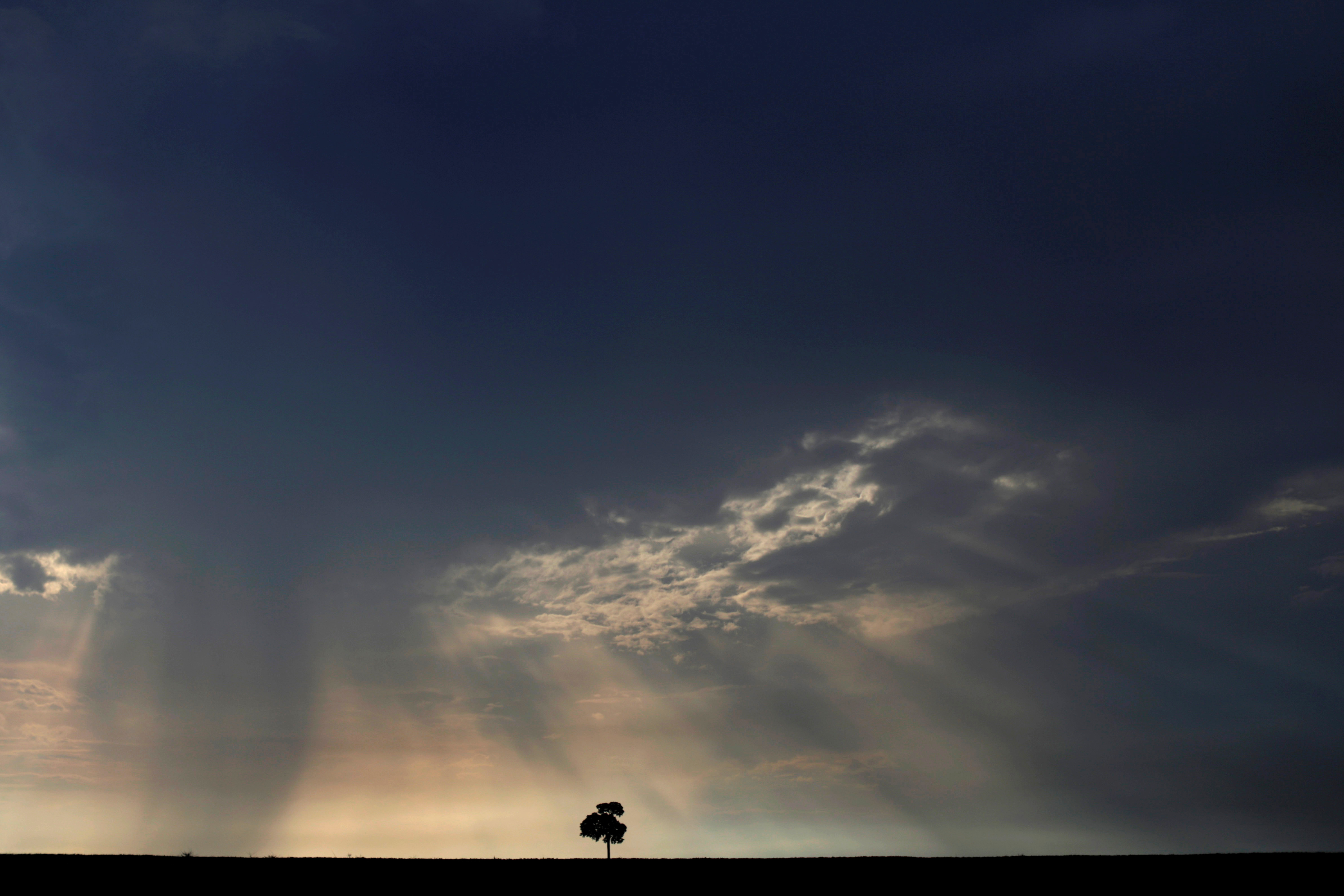
A free daily email with the biggest news stories of the day – and the best features from TheWeek.com
Kelly Gonsalves is a sex and culture writer exploring love, lust, identity, and feminism. Her work has appeared at Bustle, Cosmopolitan, Marie Claire, and more, and she previously worked as an associate editor for The Week. She's obsessed with badass ladies doing badass things, wellness movements, and very bad rom-coms.
-
 Are Hollywood ‘showmances’ losing their shine?
Are Hollywood ‘showmances’ losing their shine?In The Spotlight Teasing real-life romance between movie leads is an old Tinseltown publicity trick but modern audiences may have had enough
-
 A dreamy long weekend on the Amalfi Coast
A dreamy long weekend on the Amalfi CoastThe Week Recommends History, pasta, scenic views – this sun-drenched stretch of Italy’s southern coast has it all
-
 Can foster care overhaul stop ‘exodus’ of carers?
Can foster care overhaul stop ‘exodus’ of carers?Today’s Big Question Government announces plans to modernise ‘broken’ system and recruit more carers, but fostering remains unevenly paid and highly stressful
-
 Epstein files topple law CEO, roil UK government
Epstein files topple law CEO, roil UK governmentSpeed Read Peter Mandelson, Britain’s former ambassador to the US, is caught up in the scandal
-
 Iran and US prepare to meet after skirmishes
Iran and US prepare to meet after skirmishesSpeed Read The incident comes amid heightened tensions in the Middle East
-
 Israel retrieves final hostage’s body from Gaza
Israel retrieves final hostage’s body from GazaSpeed Read The 24-year-old police officer was killed during the initial Hamas attack
-
 China’s Xi targets top general in growing purge
China’s Xi targets top general in growing purgeSpeed Read Zhang Youxia is being investigated over ‘grave violations’ of the law
-
 Panama and Canada are negotiating over a crucial copper mine
Panama and Canada are negotiating over a crucial copper mineIn the Spotlight Panama is set to make a final decision on the mine this summer
-
 Why Greenland’s natural resources are nearly impossible to mine
Why Greenland’s natural resources are nearly impossible to mineThe Explainer The country’s natural landscape makes the task extremely difficult
-
 Iran cuts internet as protests escalate
Iran cuts internet as protests escalateSpeed Reada Government buildings across the country have been set on fire
-
 US nabs ‘shadow’ tanker claimed by Russia
US nabs ‘shadow’ tanker claimed by RussiaSpeed Read The ship was one of two vessels seized by the US military
